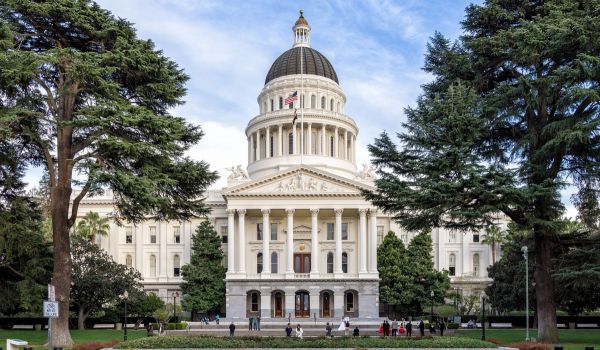Welcome back to The Weekly Wrap! This week, we’re excited to announce our 20th Anniversary Solutions of the Year Festival, taking place November 6-9, 2023. To sign up for all the week’s events at once, register for our $50 event bundle here!
(And don’t forget to check out other upcoming Next City events and others hosted by partner organizations here.)
Do you have news or an event that should be in this newsletter? Email us details at wrapped@nextcity.org — and it might just get included in next week’s edition!
Only 400 Legal Short-Term Rentals in NYC After Law Passed
New York City now has just 405 legally operated short-term rentals, according to data released by the city. This comes after the enforcement of state and city laws prohibiting listings for stays under 30 days and the city’s implementation of a registration portal for short-term rental operators in March.
Gothamist reports that the city’s Office of Special Enforcement, which handles short-term rentals, received 4624 applications from landlords using Airbnb, Vrbo and other short-term rental sites, out of the over 10,000 short-term rentals active in the city. A ban on rentals under 30 days has been in effect for years, but the newest law bans hosts from receiving payments for rentals if they are not living in the unit and if the city has not approved it.
Scientists Drop Sweeping Climate Recommendations
Grist reports that the National Academies of Sciences, Engineering and Medicine released 80 recommendations to decarbonize infrastructure in the U.S. It includes familiar ideas, like a carbon tax, and less politically viable ideas, like establishing a greenhouse emissions budget. The sweeping, 638-page report breaks down strategies in labor, land use, the built environment, transportation, public health and financial markets that could transition the country off fossil fuels. The report is a follow-up to a 2021 report that set out a roadmap for the first decade of a 30-year path to net zero through “an unprecedented, long-term, whole of society transition.”
Lawsuits Target Programs For Entrepreneurs of Color
Following the Supreme Court decision that undid affirmative action in college admissions, the Wall Street Journal found over a dozen lawsuits targeting race-based initiatives led by private companies for Black and Latino entrepreneurs. The programs targeted include a $25,000 grant program from Progressive Insurance aimed at Black small business owners. Other lawsuits target programs run by Starbucks and Comcast. Some of the lawsuits are supported by right-wing group America First Legal, founded by former Trump political advisor Stephen Miller.
Virginia Report Details Hurdles Amid High Costs of Childcare
In Virginia, the Joint Legislative Audit and Review Commission released a report on Monday finding that families in the state spend between $100 to $440 per child, per week on childcare costs. The report also found that few Virginia residents qualified for Temporary Assistance to Needy Families (TANF), a cash assistance program, because of strict eligibility requirements.
The report looked at barriers to people on food stamps and cash assistance recipients becoming self-sufficient over time. It found that the state was underspending funds on programs like subsidized childcare that could help families find work due to strict eligibility and other administrative barriers. The burden of childcare across the country is being deeply felt right now, especially since a key federal program subsidizing costs for families and childcare centers elapsed on September 30.
Colorado Law Would Use Large Cars to Subsidize Street Safety
In Colorado, there’s a law being proposed that would create a fee for larger vehicles, with the intent to mitigate those vehicles’ higher likelihood of killing pedestrians. The funds collected would go toward street safety infrastructure. Streetsblog reports the “vulnerable road user fee” would apply to trucks, SUVs and large passenger vehicles. While other states have vehicle registration fees based on weight, the proposed legislation would be the first in the country to redirect those funds to street safety. It could potentially bring in $20 million a year. The law would only apply to cars registered in the state’s 20 most populated counties, where pedestrian deaths are most likely to occur.
Curated by Deonna Anderson
MORE NEWS & RESOURCES
-
In Canada, here are four affordable housing solutions being implemented in cities in different parts of the country. The Tyee
-
YEAH Philly, a Black-led, community-based nonprofit, launched the city’s first free grocery store. Instagram
-
The Sentencing Project released a new report that finds that 2 million Americans with felony convictions have regained the right to vote. Read the “Expanding the Vote: State Felony Disenfranchisement Reform” report here.
-
A new report from Ramboll and Rebuild by Design finds that New York City can expect a two-to-one return on its blue-green infrastructure investments “under the right conditions.” Access the report here.
-
In a pilot program, Oregon is using Medicaid funds to alleviate homelessness. OPB
OPPORTUNITIES
-
The Black Futures Lab, in partnership with the Robert Wood Johnson Foundation, is accepting applications for its Black Organizing Innovations Project. It will award grants of up to $250,000 to community organizations working to engage and activate Black men ahead of the 2024 election and beyond. The deadline to apply is November 1. Learn more and apply here.
-
Common Future is accepting applications for its three-month accelerator program, aimed at BIPOC women- and non-binary-led organizations that are actively working to dismantle economic inequality by giving power back to communities left out of prosperity. Cohorts receive $50,000 in unrestricted grants, a curated curriculum, personal coaching, mentorship, and connection to a peer-to-peer community. Applications are due by November 3. Learn more and apply here.
-
The housing team at PolicyLink is seeking applicants for its inaugural class of Spatial Futures Fellows. It supports leaders who are envisioning new futures for land and housing in the U.S. The deadline to apply is November 9. Learn more and apply here.
This article is part of The Weekly Wrap, a newsletter rounding up stories that explain the problems oppressing people in cities and elevate the solutions bringing us closer to economic, environmental and social justice. Click here to subscribe to The Weekly Wrap newsletter.

Roshan Abraham is Next City's housing correspondent and a former Equitable Cities fellow. He is based in Queens. Follow him on Twitter at @roshantone.



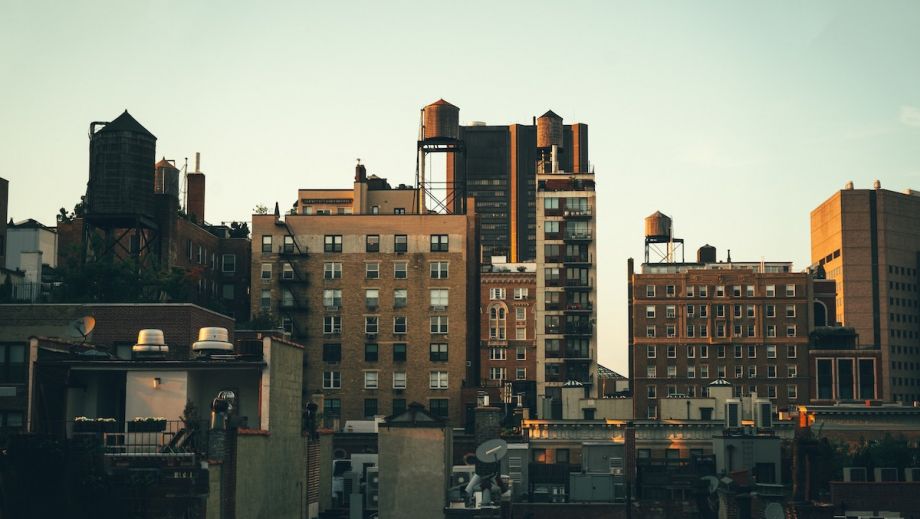



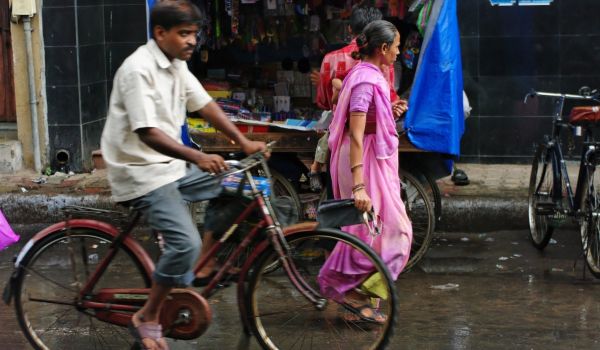
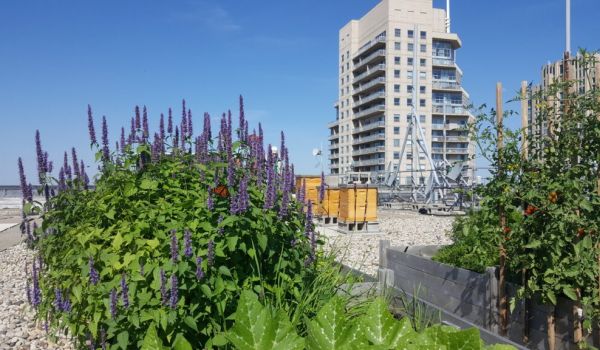
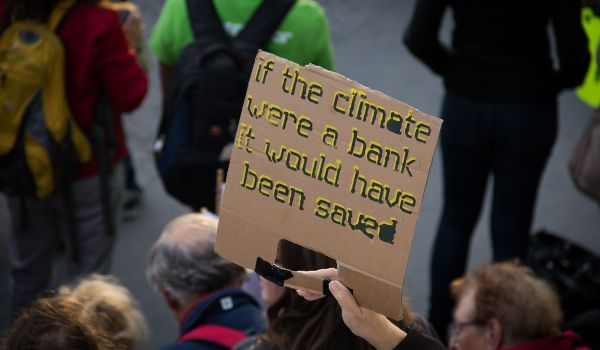
_600_350_80_s_c1.jpg)
